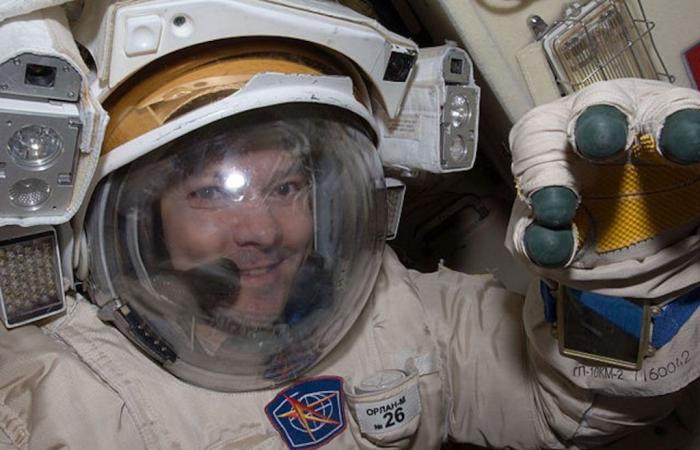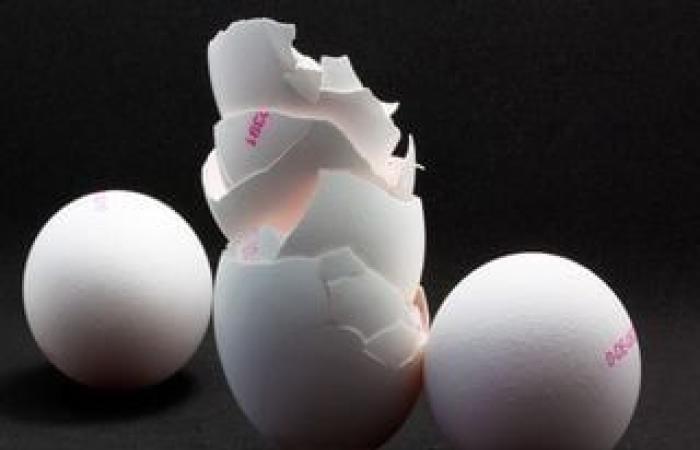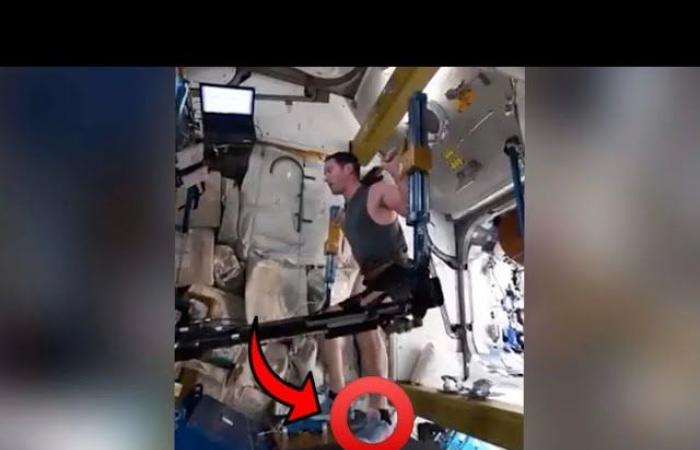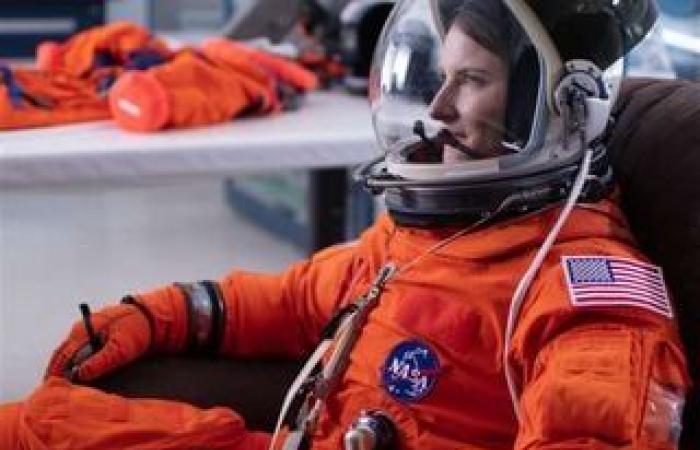He has just accomplished an unprecedented feat until now: he is the first person to have fulfilled 1000 days in space, a time that in a microgravity environment has significant effects on the human body.
The first astronaut in the world to break this record
We are talking about Oleg Kononenko, a veteran Russian astronaut of the Russian Space Agency (Roscosmos)who at 59 years old has been in outer space for two years and nine months, achieving a feat that no astronaut or person in the world had ever achieved.
The impact of microgravity on the musculoskeletal system
As it is something never seen before, scientists and doctors from all over the world are on the alert. expectation of knowing what effects may occur on the cosmonaut’s health, beyond those already known.
Microgravity reduces muscle mass and bone density by not requiring constant effort from muscles and bones.
And it is more than proven that a lack of gravity causes a loss of muscle mass and bone density. In studies carried out on astronauts it has been observed that they can lose up to 20% of their muscle mass and 1-2% of bone density per month in space, despite daily exercise.
Scientists confirm that eggshells recover rare earths for a greener energy transition
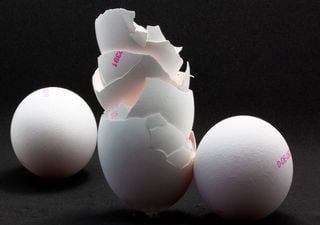
Kononenko is no exception and has followed a strict exercise regimen to mitigate these effects, some routines that include the use of resistance machines, treadmills, and stationary bikes designed for use in microgravity.
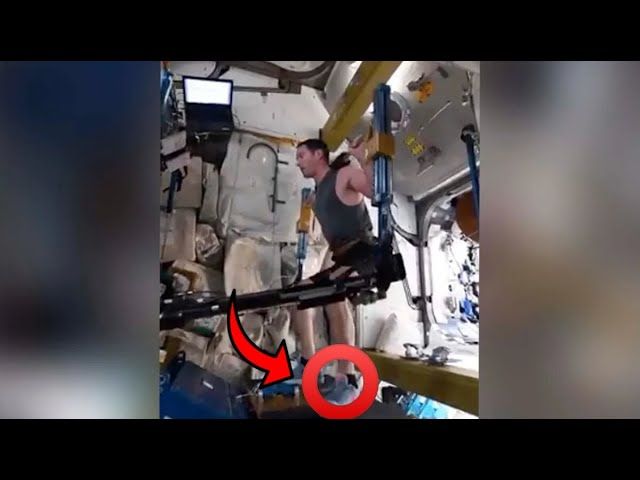
However, the Complete recovery of muscle mass and bone density upon return to Earth may take several months.which suggests that, despite the measures taken by astronauts, adverse effects persist during long periods of stay in space.
Alterations in the cardiovascular system and vision
Another system that suffers from microgravity is the cardiovascular system. If in the On Earth the heart works against gravity to pump blood throughout the body, in space this effort decreaseswhich can lead to deterioration of the heart muscle.
Astronauts experience a shift of fluids toward the upper body, which can cause facial swelling and nasal congestion
As if that were not enough, this displacement of fluids can increase intracranial pressure, which ends up affecting vision. In fact, many astronauts have reported visual problems, such as decreased visual acuity and flattening of the eyeballr, a syndrome known as “Vision Impairment and Intracranial Pressure Syndrome” (VIIP).
Neurocognitive and psychological changes
Life in space not only affects astronauts physically, but also has significant impacts on your mental health and neurocognitive abilities. The lack of gravity, confinement in a small space, and distance from Earth can contribute to stress, anxiety, and changes in cognitive function.
Why is the astronaut’s suit orange during takeoff?
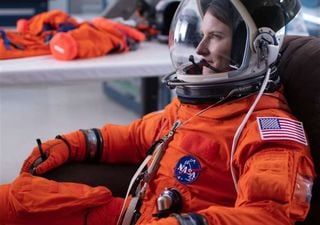
In fact, several studies have shown that astronauts can experience difficulties in tasks that require sustained attention, memory and decision making, crucial for the safety and success of space missions. To mitigate these effects, psychological support techniques are performed that include talking regularly with the family, engaging in recreational activities, and following a structured schedule to maintain normality and routine.

